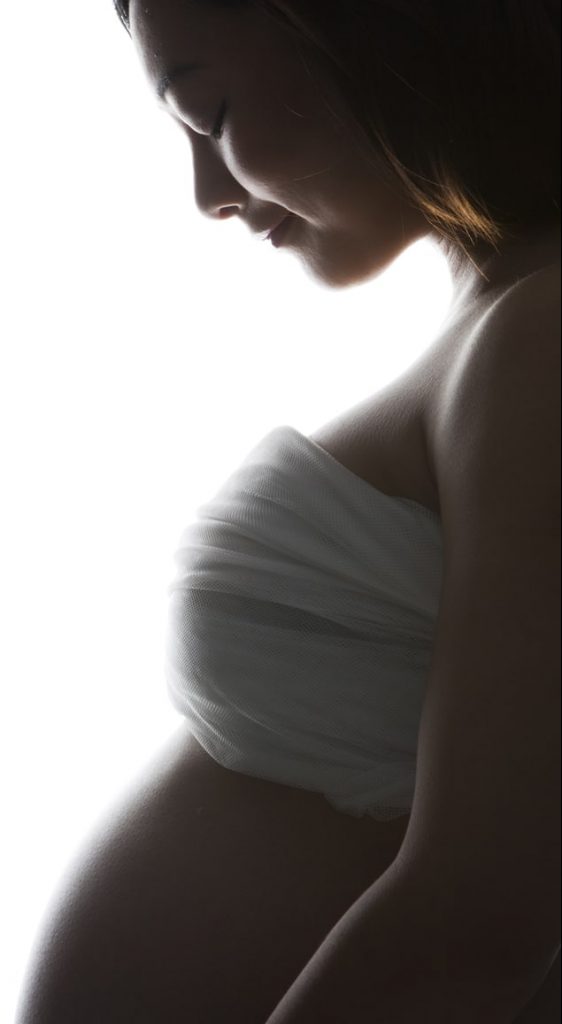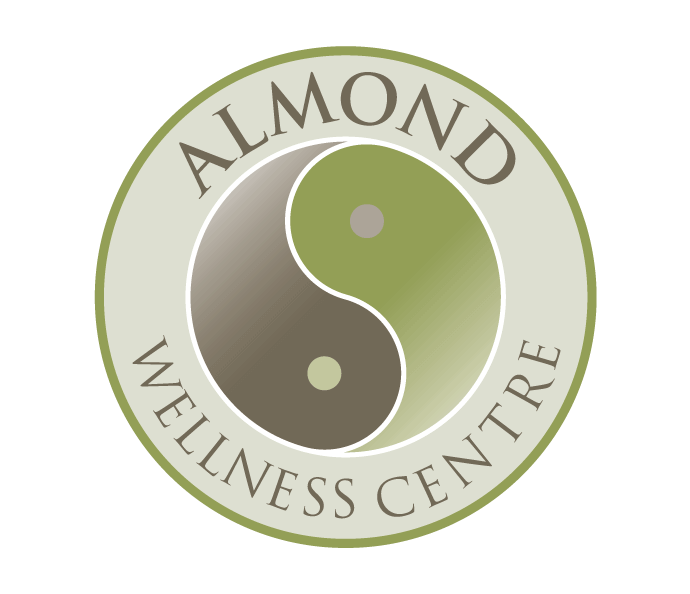
Table of Centents
The Highest Probability of Conception
- Sexual intercourse 1-2 days before ovulation: approximately 30-35% – the highest probability of conception,
- on the day of ovulation: Slightly lower probability, about 25%.
- 3-5 days before ovulation: Successively 15%, 9%, and 3%.
- 1 day after ovulation: No chance! 0%!
Contrary to popular belief, the day of ovulation is not necessarily the day with the highest probability of conception. Studies have shown that sexual intercourse 1-2 days before ovulation has the highest chance of resulting in pregnancy, with approximately 30-35% success rate. On the day of ovulation, the probability slightly decreases to around 25%. Engaging in sexual activity 3-5 days before ovulation provides successively lower probabilities of 15%, 9%, and 3%. However, there is no chance of conception one day after ovulation.
The Survival Time of Sperm
To understand why conception can occur before ovulation, it’s crucial to consider the lifespan of sperm. While an egg can survive for only 24 hours after release, sperm can survive in the female body for up to 48-72 hours, and sometimes even longer. This means that having sexual intercourse a few days before ovulation allows sperm to wait in the reproductive system for the egg to be released, increasing the chances of successful fertilisation.
Calculating the Ovulation Period
Determining the ovulation period is essential for increasing the likelihood of conception. In women with regular menstrual cycles, ovulation generally occurs around 14 days before the next menstrual period. Several methods, such as tracking basal body temperature, check and chart changes in cervical mucus, or using ovulation predictor kits, can help pinpoint the ovulation period more accurately. It’s important to note that these methods provide estimates and may not guarantee precise timing.
No Guarantee of Pregnancy
Engaging in sexual intercourse during the ovulation period does not guarantee a 100% chance of pregnancy. Various factors can influence fertility, including sperm quality, sexual dysfunction, stress, and age-related factors. It’s essential for couples to maintain regular sexual activity throughout the menstrual cycle to optimise their chances of conception.
When to Take a Pregnancy Test
If conception occurs, the fertilised egg starts producing human chorionic gonadotropin (hCG) around six days after implantation. Since sperm can survive for 2-3 days in the uterus, a pregnancy test can be taken as early as eight days after sexual intercourse. However, to ensure accurate results, it is recommended to wait until at least three weeks after sexual intercourse.
Performing a Pregnancy Test Correctly
When taking a home pregnancy test, it’s crucial to follow the instructions provided with the kit. Make sure the test is not expired, use disposable gloves to handle the test, and aim it at the urinary opening for a brief duration as instructed. Incorrect timing or misinterpretation of the results can lead to false outcomes, so it’s important to carefully follow the guidelines.
Conclusion
Understanding the optimal timing for conception can help couples increase their chances of successfully conceiving. While the highest probability of conception lies in having sexual intercourse 1-2 days before ovulation, sperm survival in the female body allows for flexibility in timing. Tracking the ovulation period, maintaining regular sexual activity, and taking a pregnancy test at the appropriate time can all contribute to a better understanding of fertility and family planning. Remember that each individual’s reproductive journey is unique, and it’s important to seek professional guidance and support when needed.
Almond Wellness Centre
Almond Wellness Centre located in Victoria’s Coburg and Ringwood area, is a multidisciplinary clinic dedicated to promoting wellness. Whether you are in search of treatment for a particular health issue such as fertility IVF support or aiming to enhance your overall well-being, we are dedicated to delivering personalised care tailored to your needs. Our goal is to assist you in achieving your health objectives and supporting your journey towards optimal wellness.
As each person is different, if you are trying to get pregnant naturally and would like to explore the potential benefits of Chinese medicine acupuncture, please don’t hesitate to contact us. Our fully qualified registered acupuncture Chinese medicine practitioners in both Coburg clinic and Ringwood clinic are here to provide information and assistance. We will assess your specific condition, take into account your medical history, and develop a treatment plan tailored to your needs.
